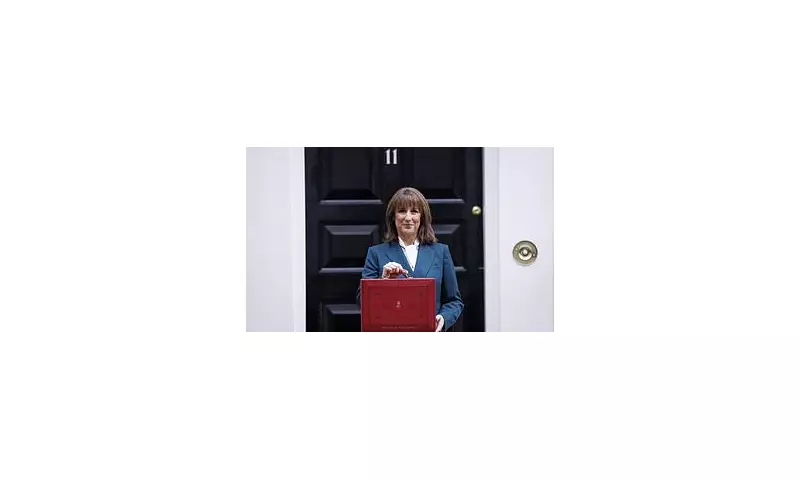
Chancellor Rachel Reeves has triggered a significant welfare policy shift by abolishing the controversial two-child benefit cap, a move expected to bring thousands more families into the benefits system.
Budget Watchdog Predicts Surge in Claims
The Office for Budget Responsibility (OBR) has forecast that an additional 25,000 families will begin claiming state support following yesterday's announcement. The fiscal watchdog revealed that the policy reversal will cost taxpayers approximately £3 billion annually by 2030, with total expenditure including £300 million by 2029-30 specifically for the newly entitled families.
According to OBR projections, around 560,000 existing families will see their benefits increase by an average of £5,310 by 2029-30. The budget authority also anticipates many households will claim Universal Credit for the first time as the system becomes more generous.
Political Battle Over Welfare Reform
Ms Reeves defended her decision in the Commons, stating the move would lift 450,000 children out of poverty. She criticised the previous Conservative government, saying: "They said they were punishing parents' choices, but it is the kids who have paid the price." The cap was originally introduced by the Tories in 2017 to discourage poorer families from having more children.
However, the Chancellor faced immediate criticism from Conservative MPs who accused her of yielding to pressure from Labour backbenchers. Shadow Minister Kemi Badenoch responded: "Not only will working people have their tax thresholds frozen while benefits go up with inflation, but today Labour has added another £3 billion to the bill by scrapping the two-child benefit cap."
Internal Labour Party Tensions Surface
The policy reversal follows significant internal pressure within the Labour Party. More than 100 Labour MPs had called for the cap's removal in September, and the party previously suspended the whip from seven MPs who supported demands to scrap the measure just weeks after last year's election.
June also saw ministers abandon planned £5 billion welfare cuts under threat of Commons defeat. Former Shadow Chancellor John McDonnell welcomed the change, stating: "I want to pay tribute to all those who stood firm in the campaign to scrap this appalling policy, including all those of my colleagues who faced disciplinary action in the Labour Party but never wavered. We've won."
The political debate continues to rage over the balance between supporting struggling families and protecting taxpayers, with the policy change expected to significantly impact both welfare spending and child poverty rates across the UK.






